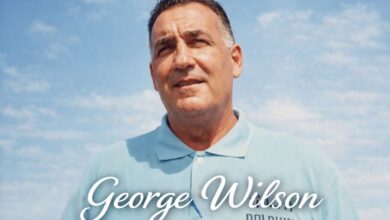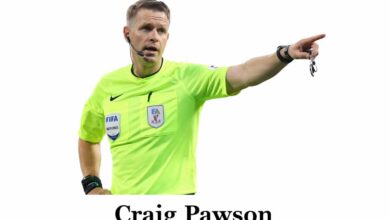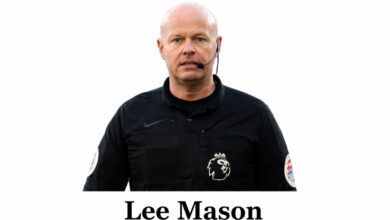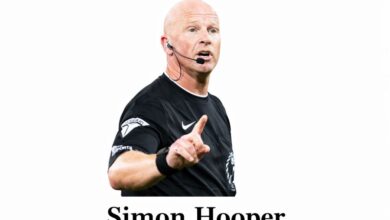Lee Cain – The Journalist Turned Political Strategist: Triumphs, Trials, and Lessons from a Communications Powerhouse
From bold media stunts to the heart of Downing Street, Lee Cain’s journey is a story of power, pressure, and transformation.
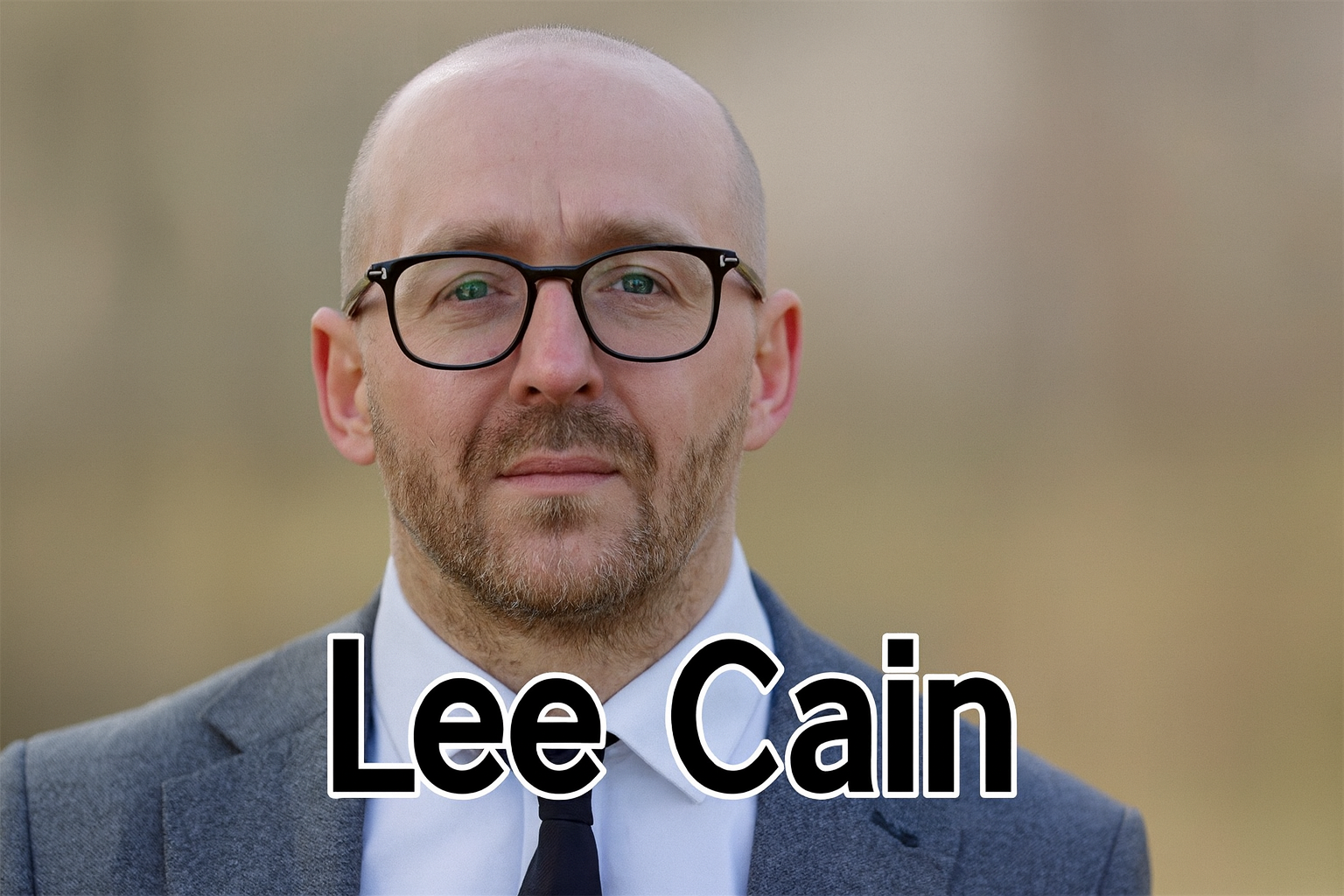
Introduction
Lee Cain is a name that resonates in both British journalism and political communications. From his early days as a local journalist to his high-profile role as the former Downing Street Director of Communications, his career highlights the opportunities and challenges of being at the center of power. Known for his strategic mindset and sometimes combative style, Cain’s legacy blends moments of triumph with periods of criticism. His journey serves as an important case study in how communications can shape politics, public opinion, and even history.
In this article, we explore Cain’s early beginnings, his rise through the ranks of media and politics, his influential role during the Brexit campaign and the COVID-19 crisis, and his later work in private consultancy. Along the way, we will uncover his impact, controversies, and the lessons his career offers to future communicators.
Quick Bio
| Attribute | Details |
|---|---|
| Full Name | Lee Edward Cain |
| Nationality | British |
| Education | Ormskirk Grammar School; Staffordshire University |
| Career Start | Journalism (Gloucester Citizen, The Sun, Daily Mirror) |
| Key Roles | Head of Broadcast (Vote Leave), Adviser at DEFRA, Director of Communications (No. 10, 2019–2020) |
| Post-Politics | Founder of PR firm Charlesbye |
| Salary (2019) | £120,000–£129,999 |
| Notable Legacy | Crafted the COVID slogan “Stay Home, Protect the NHS, Save Lives” |
Early Life and Education
Lee Cain grew up in Britain and attended Ormskirk Grammar School, a place that nurtured his early ambition. He later studied at Staffordshire University, where he laid the foundations for his interest in journalism and communications. His education gave him the academic grounding, but it was his practical approach and relentless energy that pushed him toward a career in media.
His early environment shaped his ability to connect with ordinary people while also understanding the significance of storytelling. This dual perspective became a hallmark of his professional identity, enabling him to craft powerful messages that resonated widely.
Beginning as a Journalist
Cain began his professional career as a journalist with the Gloucester Citizen. He quickly advanced, taking on roles at The Sun and later The Daily Mirror, two of the UK’s most influential newspapers. His journalism was not just about reporting facts; it was about finding angles that captured attention.
One of the most memorable moments in his journalism career came during the 2010 general election, when he dressed as a chicken to mock then-Prime Minister David Cameron. While unconventional, the stunt revealed Cain’s willingness to use creativity and humor to drive a narrative. It also signaled his shift toward a style of communication that prioritized impact and memorability.
Transition to Politics
The turning point in Cain’s career came when he moved from journalism into politics. In 2016, he became Head of Broadcast for the Vote Leave campaign, where he worked closely with strategist Dominic Cummings. The campaign’s success in the Brexit referendum highlighted the importance of sharp communication and broadcast control, areas in which Cain excelled.
After Brexit, Cain continued to grow within government. He served as an adviser at the Department for Environment, Food and Rural Affairs (DEFRA) under Andrea Leadsom and later Michael Gove. His ability to manage messaging and control media appearances soon led him to Downing Street, where his influence expanded significantly.
Rise to Downing Street Director of Communications
In July 2019, Cain was appointed as the Director of Communications at No. 10 Downing Street under Prime Minister Boris Johnson. This role placed him at the epicenter of government communications, where he acted as both strategist and gatekeeper.
Cain’s leadership style emphasized discipline, consistency, and message control. He became known for restricting media access, a decision that drew criticism but also showed his determination to centralize government messaging. His direct confrontations with journalists made headlines, sometimes fueling controversy but always keeping him in the spotlight.
Role During the COVID-19 Pandemic
Cain’s most significant contribution came during the early days of the COVID-19 pandemic. He is credited with helping design the powerful slogan: “Stay Home, Protect the NHS, Save Lives.” This message became the cornerstone of the government’s public health campaign and was widely recognized for its clarity and urgency.
When Boris Johnson was hospitalized with COVID-19, Cain reportedly played a leading role in managing Downing Street’s communications, ensuring that information flow and public messaging remained consistent. Despite the chaos of the time, Cain’s influence ensured that the government’s voice remained strong.
Salary and Recognition
As a senior adviser in 2019, Cain was among the highest-paid special advisers, earning between £120,000 and £129,999 annually. His pay reflected the level of responsibility he carried as one of Johnson’s most trusted communications chiefs.
This recognition also confirmed his place as one of the most influential figures behind the scenes of British politics, even if his presence was not always warmly received by all.
Resignation and Reasons Behind It
In November 2020, Cain announced his resignation. The decision came amid tensions within Downing Street, particularly regarding the appointment of Allegra Stratton as a government spokesperson and the growing influence of Carrie Symonds (now Carrie Johnson). Though Cain was offered the role of Chief of Staff, he declined it and officially left his post in December 2020.
His resignation highlighted both the positives and negatives of his tenure. While admired for his loyalty and organizational control, his confrontational style and limited press access drew criticism from both the media and colleagues within government.
Life After Politics
Following his departure, Cain launched his own communications consultancy, Charlesbye, in 2021. His firm quickly attracted major clients, including the Premier League, Heathrow Airport, and Camelot. His expertise in managing high-pressure messaging made him a valuable adviser for corporate clients looking to navigate reputational challenges.
Cain has also contributed to thought leadership, writing for organizations such as the Institute for Government, where he argued for the modernization of government communications. His proposals emphasized stronger integration of messaging across departments and a clearer focus on public trust.
Legacy and Impact
Lee Cain’s legacy is a mix of admiration and controversy. On the positive side, he is remembered for his decisive leadership, his role in Brexit, and his impact on public health communications during the pandemic. His COVID slogan remains one of the most memorable government messages in modern British history.
On the negative side, critics argue that his heavy-handed approach to controlling the press reduced transparency and limited free access to information. His confrontational style often created divisions rather than collaboration.
Despite the mixed reviews, Cain’s career reflects the immense power of communication in shaping political narratives. His journey from journalist to political strategist demonstrates how storytelling, strategy, and discipline can influence not just politics, but society at large.
Conclusion
Lee Cain’s career is a powerful example of how communications can define political success and failure. From his bold beginnings in journalism to the nerve center of Downing Street, he has experienced both triumphs and setbacks. His story teaches us that communication is not just about words—it is about timing, control, and impact.
As he continues his career in consultancy, Cain remains a figure who commands attention, reminding us that the role of communicators in politics is as vital as ever. His story is both inspiring and cautionary, offering lessons for future leaders and strategists alike.
FAQs
Who is Lee Cain?
Lee Cain is a British journalist and political strategist best known as the former Downing Street Director of Communications under Prime Minister Boris Johnson.
What was Lee Cain’s most notable contribution?
He played a central role in shaping the UK government’s messaging during the COVID-19 pandemic, including the slogan “Stay Home, Protect the NHS, Save Lives.”
Why did Lee Cain resign from Downing Street?
He resigned in November 2020 after internal disputes regarding media strategy, the appointment of Allegra Stratton, and tensions with Carrie Johnson’s growing influence.
What is Lee Cain doing now?
He founded a communications consultancy, Charlesbye, which works with major corporate clients on media and reputation strategies.
What is Lee Cain’s legacy?
His legacy combines his achievements in strategic messaging and political campaigning with criticism for his combative style and tight control over press access.
